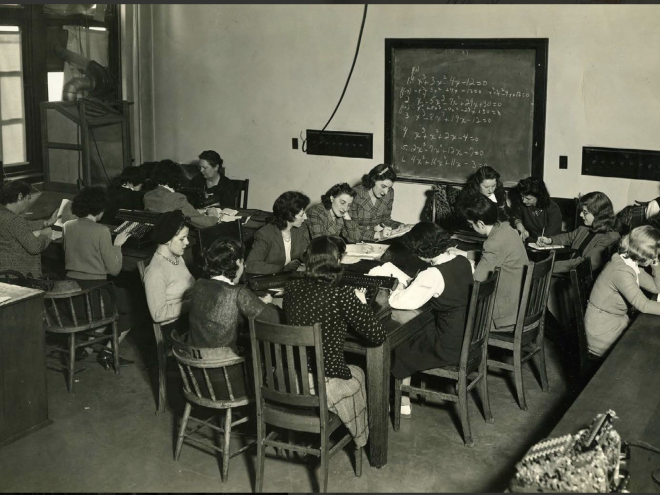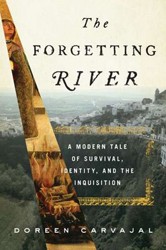The setting for Cambria Gordon’s new young adult novel is the world of fifteenth-century Spain prior to the expulsion of the kingdom’s Jews. Sixteen-year-old Isabel Pérez is caught in a daily struggle as a crypto-Jew. Her family seeks an impossible balance, outwardly conforming to the church as conversos while hoping to secretly preserve their Jewish practice. The outside environment threatens Isabel, and tensions at home — which mirror the multiple responses of the Jewish community — also impose their own painful reality. Gordon’s narrative emphasizes the interplay between external and internal pressures on a strong and gifted young woman as she tries to navigate the terrors of her time.
Gordon demonstrates how Spanish Jews were faced with unbearable choices. The uncompromising religious views of monarchs Ferdinand and Isabel led them to oppress their Jewish subjects in an internal “reconquest” of Spain parallel to their military battles against Muslims. Some Jews chose to emigrate, while others converted to Catholicism and surrendered their Jewish identity. Still others, like Isabel’s parents and her beloved abuela (grandmother), attempted to maintain some essential elements of their faith while outwardly living as Christians. Isabel agonizes over this hypocrisy and feels increasingly alienated from any religious belief; her core identity is as an aspiring poet. Conflicts with her sister, Beatriz, who has become a devout believer in the church, present daily frustrating evidence of the divisions tearing apart her family and her community. When she becomes attracted to Diego Altamirano, a young aristocrat, their romantic feelings for one another meet the same barriers as all her other attempts to create a fulfilling life. Young adult readers will identify with Isabel’s frustration and will also learn about an era in Jewish and world history when complex religious, social, and economic differences brought both fruitful cultural interaction and dangerous upheaval to Spain’s Jews.
Gordon has undertaken an admirable amount of research; the book is enriched by her attention to detail, although there are occasional errors. (For example, unmarried women did not regularly attend the mikvah for ritual bathing.) At times an anachronistic tone enters the narrative as part of the novel’s positive intent to reclaim freedom for women’s consciousness in the past. While certainly many women would have felt frustrated by society’s limitations on their autonomy, Isabel’s vehement protests about the subjugated role of women within Judaism — comparing their treatment to that of conversos by “old Christians” — seems more consistent with standards of a later time. Similarly, Diego’s enthusiasm at hearing that Muslims had constructed a mosque on the site of a former church reflects a sensibility that likely would have been alien to him, even as an aspiring artist who appreciated Islamic contributions to culture. Since it is evident that the author is trying to convey a flavor of medieval Spain’s considerable cultural diversity, these choices may be understood in that context.
The dramatic tension grows as Isabel, with the support of her abuela, becomes interested in exploring Jewish texts. Gordon includes Isabel’s poems, written in the tradition of Spanish Jewish and Arabic verse, alongside selections of work by historical poets. The young woman’s attraction to language as a means to examine, codify, and express her own experience and that of her people is a central theme of the novel — as important as family bonds and romantic love. The complexities of the author’s goal make her novel as vibrant as a street in medieval Spain; readers will want to follow Isabel on her winding path towards freedom.
The Poetry of Secrets includes an author’s note with both personal insights and historical background material.
Emily Schneider writes about literature, feminism, and culture for Tablet, The Forward, The Horn Book, and other publications, and writes about children’s books on her blog. She has a Ph.D. in Romance Languages and Literatures.




